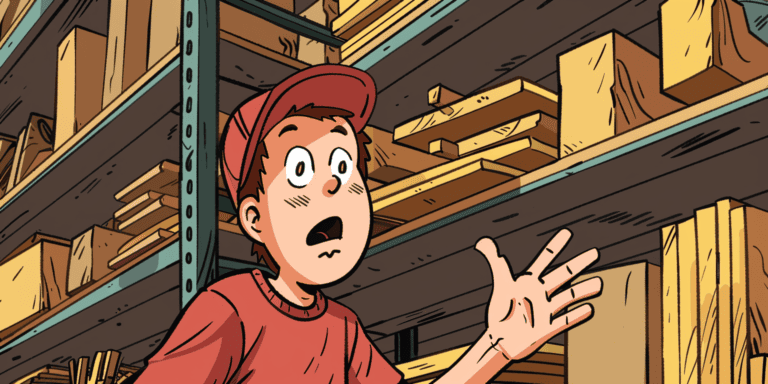I recall during one of my parents’ early 1960s cocktail parties overhearing my father state with great disdain that, in the Duplessis government’s Quebec, there was nothing that could not be obtained at the right price.
A decade later in the 1970s, after massive reforms, the government of that province had become squeaky clean (almost to the point of paranoia) in adhering to the rules of ethical conduct.
But the stories of governments (of all political stripes) that have pandered to their monied constituent groups and special interest lobbies are endemic across this country and around the world.
Perhaps it is an intrinsic part of any government that a sufficient amount of money can ensure a level of influence in policy and decision-making to the benefit of a particular group or business sector.
While on one hand I would wish this was not true, both history and the cynicism engendered by 50 years of business experience combine to make me accept that this is the way of things.
And Bill 23, the Ford government’s so-called More Homes Built Faster Act (aka Bill 23), in my opinion can only be viewed in these terms. That is, it is legislation specifically geared to benefit one particular business sector in this province.
Consider that encompassed within this legislation is the loss of 7,400 acres currently protected within the Golden Horseshoe’s Greenbelt.
Aside from the loss of wetlands, environmentally sensitive areas and species at-risk that are contained and encompassed within normal historic agricultural practices, the loss of some of the most productive farmlands in the country is mind-boggling.
It’s particularly concerning given that the last three years have amply demonstrated the requirement for local food production. Have you tried to buy lettuce lately?
Of course, we should not forget the fact real estate speculators and developers have been buying up family farms in the Golden Horseshoe for decades, land-banking those acres (typically renting them back to agricultural producers) against the day when a “friendly” government would release the land for housing developments.
It has been a tried and true practice. Just witness how the Bill Davis government established its own “greenbelt” (in which no further development would occur) north of Toronto, between Steeles Avenue and Hwy. 7.
Then subsequent governments pushed that line some 20 kilometres north, which allowed the development of land-banked properties purchased in the 1960s and 1970s.
That’s right, all of the urban sprawl north of Toronto (and also around the Golden Horseshoe) has occurred on formerly “protected” greenbelt land.
Apparently the agricultural sector that provides our food security cannot, in the Ford government’s eyes, compete with the dollars generated by the development sector.
Still, let’s move past the loss of the agricultural lands to drill down on the ramifications of what the successful adoption of Bill 23 might mean to each and every property owner in Niagara-on-the-Lake.
Well, first and foremost, you can expect your property tax to increase exponentially.
In Bill 23, if a developer sets aside at least 5 per cent of a new development for “affordable” homes which the legislation defines as 80 per cent of the average market price (for NOTL that would be any property priced at $880,880 or less based on September 2022 sale stats), then that development will not have to pay the typical and historically normal charges to the municipality.
Until now, those fees were used to offset any associated increased infrastructure costs but those costs will instead be borne by property tax payers.
And, this is not the only proviso in the legislation that downloads the costs onto municipalities. There are several other mechanisms contained in Bill 23 that will inevitably result in higher municipal taxes that you and I will be required to underwrite.
I assume Ford is hoping the local elected councils will be the lightning rod for the citizens’ resultant anger, despite the fact his actions are responsible.
Last week I spoke to the gutting of heritage protection by this legislation and I outlined the loss of local municipal oversight vis-à-vis development and preserving the character of our community, so I will not “chew my cabbage twice.”
Bill 23 passed second reading in the House on Oct. 26 and it is currently “in committee.” We have an opportunity to stop this blatant “gimme” legislation should NOTL citizens and other communities across Ontario take action.
If that action is absent, I’m afraid we will have to brace for the inevitable impact.











